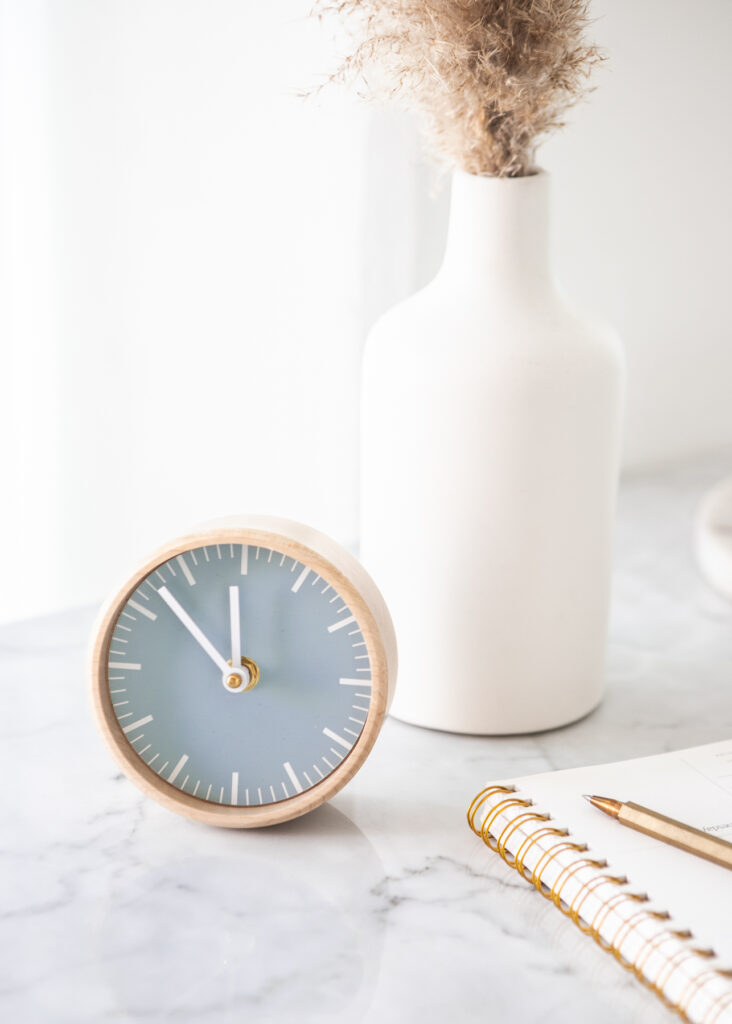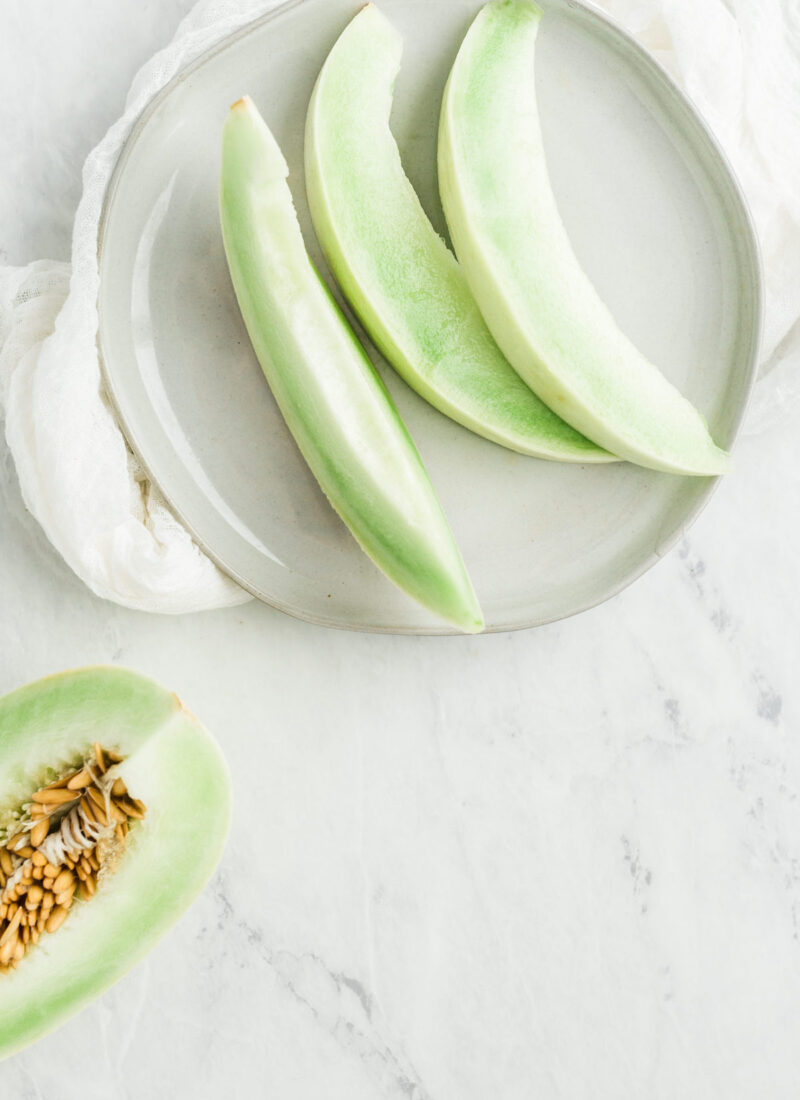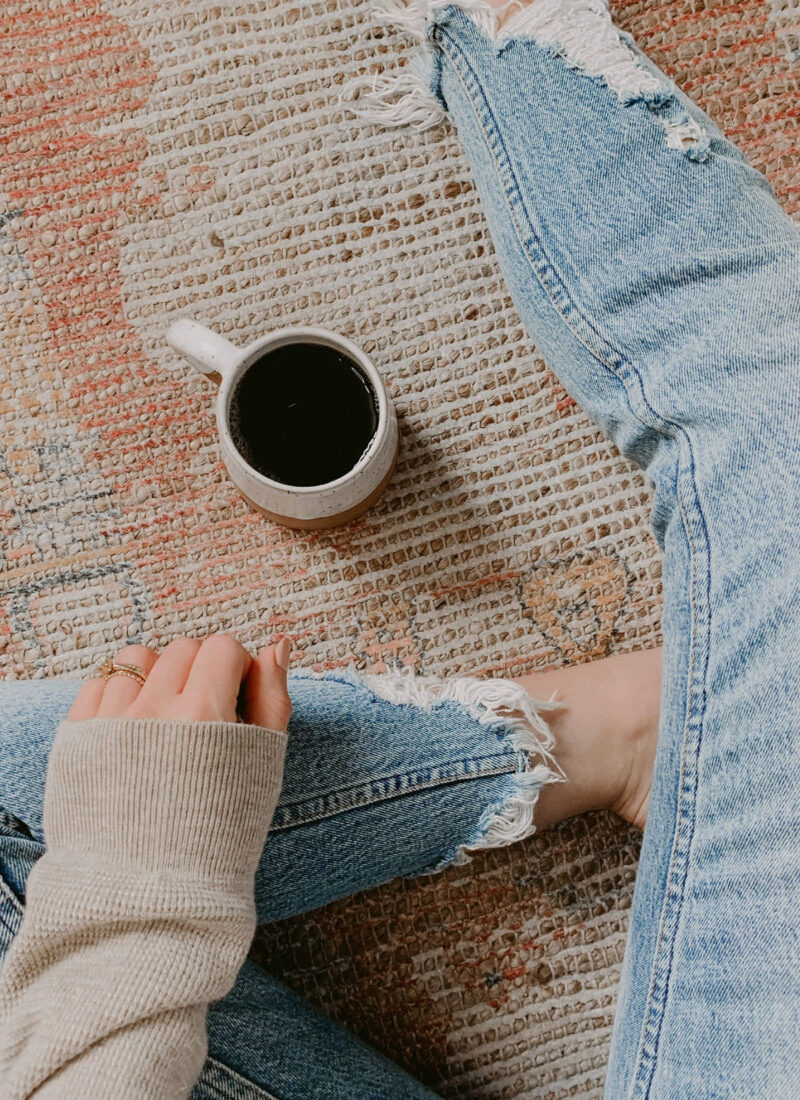Guest Post | We all struggle with our mental health from time to time. Despite how well-known these struggles are, many of us can still neglect our mental health and do not always practise good habits which will help to improve it.
Your mental health is just as important as your physical health – more so in fact. It is not difficult to implement new, positive habits that will help you to boost your mental wellbeing to live your life to the fullest.
Here are 7 actionable ways that you can start to improve your mental wellbeing:

1. Practise Gratitude
This is one of the smallest changes that you can implement in your life which can benefit your mental health and your overall wellbeing. Life can pass us by, so it so easy for you to forget to be thankful and appreciate even the smallest things in life. Research has shown that consistently tracking what you are grateful for and acting on those feelings of appreciation can improve your immune system, which can make you healthier and happier.
A really simple way for you to practise gratitude is to keep a gratitude journal. Gratitude journaling allows you to focus on the positive areas of your life and appreciate what you have. You can write what you are grateful for each day, or even use gratitude journal prompts to help you evoke thoughts.
In many psychology research studies, gratitude is greatly associated with greater happiness. Backed up by a leading researcher in this field, Robert Emmons, found that after numerous studies, gratitude not only increases happiness, but also reduces the feelings of depression and anxiety. Moreover, it has also been found to reduce other negative feelings like: anger, resentment and regret. It makes logical sense as when you are feeling grateful, it is difficult to feel negative emotions. Continuously practising gratitude can help alter your mindset to seek the positivity in many situations; thus, this will improve your mental health.
Here is how you can create a gratitude journal.
2. Practise Mindfulness Meditation
The definition of mindfulness is a mental state achieved by focusing one’s awareness on the present moment while calmly acknowledging your thoughts, feelings and sensations in your body.
Practising meditation can create a deep state of relaxation and a calm mind. During meditation, you focus your attention and eliminate excessive thoughts that could be causing stress. The mental health benefits of meditation include: improved self-awareness and self-esteem, lowers stress, can reduce anxiety and even help to foster kindness. As well as positive physical health benefits like improving your pain tolerance, mindfulness meditation can help you:
- Understand your emotions better
- Cope better with difficult situations
- Improve your relationships
- Reduce stress and anxiety
There are other methods of mindful living that you can introduce into your daily life that will positively impact your mental wellbeing such as mindful walking i.e. taking your time when walking, appreciating the colours, sounds and smells as well as how your body is feeling with the added benefits on your mental health from the exercise.
- Mindful colouring – this helps you to relax as well as relieve stress and tension as well as reducing the symptoms of depression
- Be present – be in the moment with loved ones, engage and appreciate your time with others. This will help strengthen good relationships, build self-worth and improve your mood.
3. Get Plenty Of Sleep
Sleep is an essential part of living a healthy lifestyle and promotes good, positive mental health.
Lack of sleep has been linked to a variety of health problems such as: Type 2 Diabetes, heart disease and depression. Poor sleep can also exacerbate the symptoms of mental health conditions including depression, Bipolar Disorder and anxiety. The lack of sleep can stop you from thinking clearly and you will find it more difficult to keep your emotions in check.
When you have good quality sleep, it helps your brain to process emotional information and works to evaluate and restore thoughts and memories. When you get enough sleep you:
- Have reduced stress levels which improves your mood
- Have better relationships with others
- Lower your chances of serious health problems
- Are able to think more clearly
Here are 6 tips to help you improve your sleep for better mental health:
- Stick to a set wake and sleep time (wake up and go to bed at the same time every day) because our bodies thrive on structure and routine
- Eliminate any distractions – put your phone on silent, turn off your TV and/or other devices
- Create the right temperature – use a fan or have a window open if you are too hot
- Do not drink caffeinated drinks past 7pm
- Write down any tasks or worries you have on your mind at bed time
- Practise some relaxation or breathing techniques to relax before bed time
4. Exercise
Some people may see this suggestion and think an immediate no! I do not mean that you have to go to the gym multiple times per week. Exercise can take many forms such as: walking, Yoga, Pilates, hoovering or dancing to your favourite songs in the living room! These are all forms of exercise – you are getting your body moving.
Exercising releases endorphins (known as the happy hormones) which improve your mood. When endorphins are released, they also help you to feel better about yourself and when you do, you will have a more positive mindset; you are far more likely to have better mental health. By exercising, you increase your cognitive function and self-esteem, which in turn reduces anxiety, depression and negative mood.
Even a short burst of 10 minute exercise, like a brisk walk, can increase mental alertness, energy and positive mood Here are some other benefits of exercise:
- Better sleep
- Stronger muscles
- Improved coordination
- A healthy body
5. Connect With Others
Research has shown that connecting with other people and forming good relationships with family, friends and the wider community is crucial for stability and mental wellbeing. When you start to build stronger and broader social connections in your life, this will increase your feelings of happiness and self-worth.
Relationships offer a variety of mental health benefits such as: reduced levels of stress, improved self-worth and confidence, increased feelings of belonging, purpose, greater empathy and higher self-esteem. Having that person to confide in when you are going through something stressful or upsetting can be so beneficial because it helps you to process tour thoughts and feelings. This can then stop or reduce feelings of stress, depression and anxiety.
Building connections with new people can be difficult sometimes. Here are some suggestions to help you build connections:
- Reach out to like-minded people on social media
- Join local groups e.g. a sports club or reading group
- Reach out to work colleagues to do something outside of work time
- Use friendship apps
6. Prioritise Self-Care
Practising self-care is something you need to actively choose to do, wetting intentions each week to look after yourself and make yourself a priority. Taking a step back and taking the time to take a breath should not be a rarity, but a necessity in your life.
Self-care means that you are taking the time to do things that help you live well, that will not only improve your physical health as well as your mental health. Looking after yourself will better your physical, mental and emotional health and wellbeing. Many studies have shown that self-care promotes positive health outcomes such as: living longer, ability to manage stress, improve resilience, reduce or eliminate anxiety and depression, increase happiness, minimise anger and frustration, improve energy and increase self-esteem.
Here are 10 self-care activities that will improve our mental health:
- Write a journal
- Have a pamper session including a bath or shower and enhanced skincare routine
- Challenge self-sabotaging behaviour
- Plan high quality connection time with loved ones
- Learn a new skill. You might find yourself looking for a new hobby. Creating Jewellery might be right up your street. Why not explore a rolling mill to get started.
- Cultivate your creativity e.g. crafting
- Listen to a motivational podcast
- Be at one with nature by sitting in the garden or doing some gardening
- Read a self-help book
- Exercise – talk a walk or practise Yoga
7. Learn New Skills
You may be thinking ‘how does learning new skills help my mental health?’ Well, research shows that learning new skills can improve your mental well-being by:
- Boosting your self-confidence and raising self esteem
- Helps you to connect with others
- Helps you build a sense of purpose
Whether you feel like you may not need to earn new skills, or feel like you do not have enough time to dedicate to learning, there are so many different ways you can introduce learning into your life. For example, you could:
- Try a new hobby that would challenge you such as taking up a new sport or starting a blog
- Consider signing up to an online course on platforms like SkillShare, or register for a course at your local college
- Try learning to cook a new recipe
- Take on a new responsibility at work such as mentoring a colleague
It is not about sitting exams or getting a new qualification. When you master a new skill, it motivates you to grow and develop more. Then, you feel more confident in your abilities which improves your mood.
These are just 7 positive habits that will boost your mental health and improve the quality of your life. But there are so many other habits that you should investigate.
What habits do you practise to aid positive mental health? I’d love to hear in the comments.
If you enjoyed this post head over to 40 Journaling Prompts To Focus On Positive Well-Being




Thank you for letting my guest post on your blog again Kayleigh. I hope this blog post can be helpful for others.
Lauren – bournemouthgirl.com
These are great ideas! I’ve recently started meditation classes and have found them really helpful for clearning my mind after a long work day. It also helps tremendously with sleep!
These are great ideas! I think meditation sounds good as I already like yoga.
I love the variety of ideas here! I’m a bit too good at thinking the worst so I recently bought a book on mindfullness which I’m hoping will help me believe in myself a bit more 🙂 Nothing beats a cup of tea & an adult colouring book x
Loved this! Especially the part about learning new skills it’s all about uplevelling and becoming a better version of yourself.